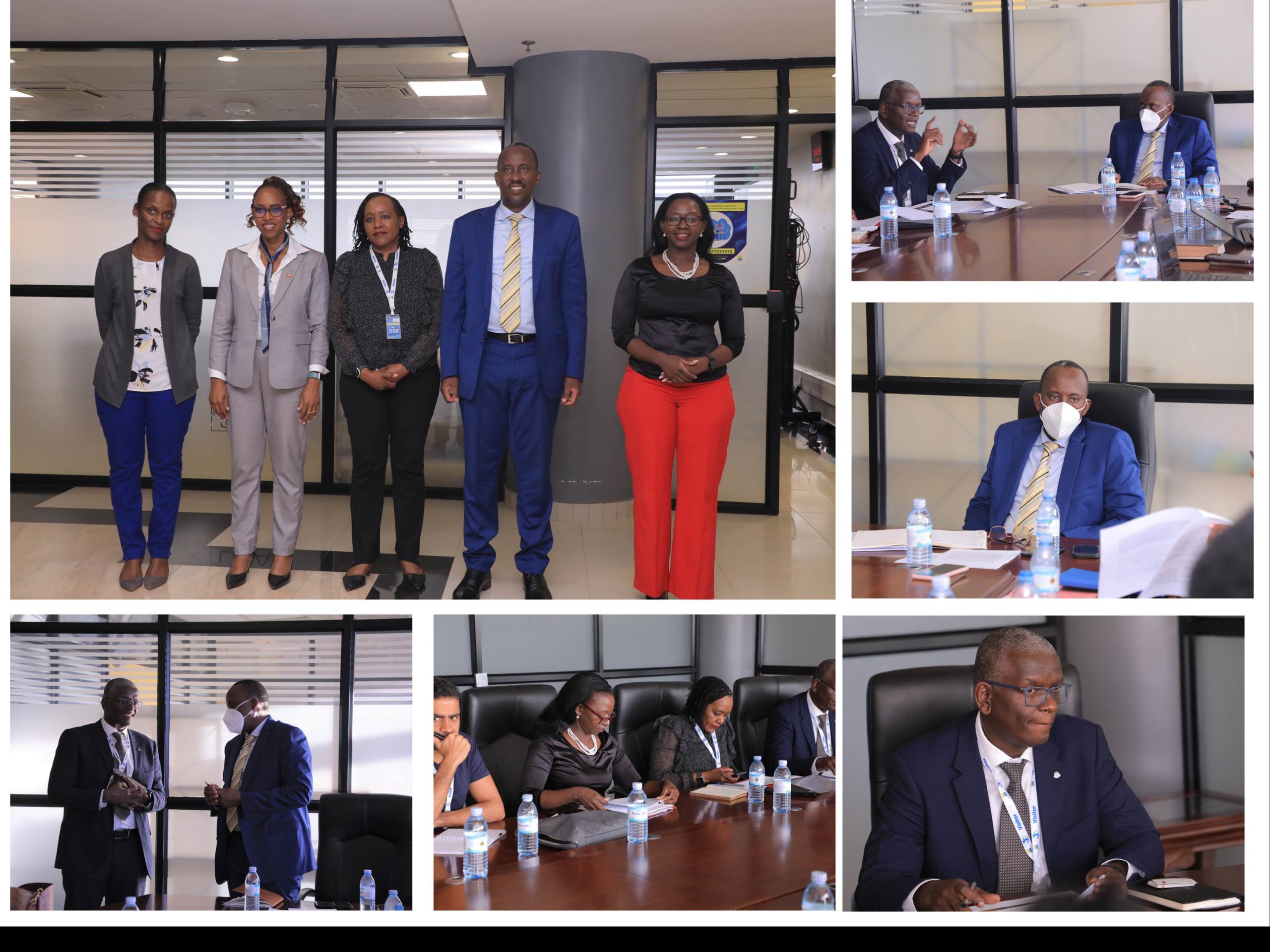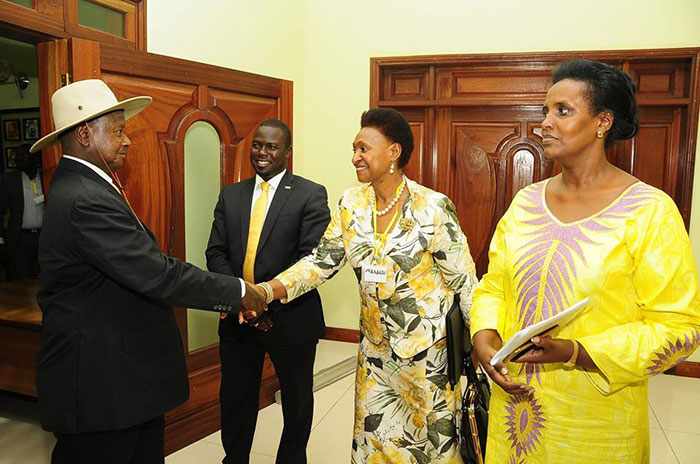Coping with Debt: Majority of Ugandans Rely on Borrowing, Savings, and Support from Family and Friends
A recent survey conducted by Financial Sector Deepening Uganda, known as FinScope Uganda 2023, and funded by the Bank of Uganda, aBi Finance, and the Bill & Melinda Gates Foundation, has uncovered a concerning trend among Ugandans. The survey found that a staggering 70% of Ugandans are operating with a personal budget deficit, meaning they spend more money than they earn to cover their expenses.
This reliance on spending beyond their means has forced many Ugandans to turn to alternative methods to cope with their financial shortcomings. These include seeking support from family and friends, tapping into personal savings, and borrowing money. This coping mechanism has become more prevalent over the years, indicating a worsening financial situation for many Ugandans.
The survey, which spanned five years up to 2023, revealed a significant increase in Uganda’s adult population, reaching 24.6 million from 18.6 million in 2018. Conducted across the country in three stages with the assistance of enumerators from the Uganda Bureau of Statistics and the Bank of Uganda, the survey aimed to assess financial well-being among Ugandans.
Financial well-being, as defined by the survey, encompasses several key elements, including financial management, resilience, goals, and confidence. However, the findings indicate that many Ugandans struggle in these areas, particularly in terms of financial resilience.
Over the years, economic challenges, exacerbated by events such as the COVID-19 pandemic and the Russia-Ukraine conflict, have exposed Ugandans to unexpected expenses and financial shocks. The survey identified sickness, agricultural risks, and theft as major challenges to financial resilience, forcing many Ugandans to deplete their savings or resort to borrowing to cope.
Furthermore, the survey highlighted the lack of concrete long-term financial plans among Ugandans, with over 70% having no solid strategies for their future financial security. This lack of planning, coupled with the absence of pension income for many elderly Ugandans, leaves them vulnerable to financial insecurity in old age.
As a result of these challenges, the survey revealed that only a small percentage of Ugandans feel confident in their financial situation, with the majority expressing dissatisfaction. The findings underscore the need for targeted interventions to address financial inclusion and stability among Uganda’s adult population.
The FinScope 2023 survey aims to provide policymakers and stakeholders with valuable insights to inform strategies for deepening financial inclusion and addressing the diverse financial service needs of Ugandans aged 16 and above.




















